In our previous discussion, we delved into the intricate process of bone remodeling, the continuous cycle of bone renewal regulated by osteoclasts and osteoblasts. Now, let’s explore the implications of this process for our health and learn practical ways to ensure optimum bone health.
The Significance of Bone Remodeling for Health
The balance between bone resorption and formation is crucial to maintaining healthy bones. A disruption in this equilibrium could lead to an increased risk of bone disorders. For example, if bone resorption outpaces bone formation, it could lead to osteoporosis, a condition characterized by weak and brittle bones. On the other hand, if bone formation happens more rapidly than resorption, it can result in Paget’s disease, which causes bones to grow larger and weaker than normal. Understanding these potential complications underscores the importance of maintaining the delicate balance of bone remodeling.
Factors Influencing Bone Remodeling
Several factors can influence the rate of bone remodeling, including:
- Age: As we age, the balance between bone resorption and formation tends to tip towards more resorption, leading to a gradual loss of bone mass.
- Hormones: Certain hormones, including parathyroid hormone, calcitonin, and sex hormones, play a crucial role in regulating bone remodeling.
- Nutrition: Nutrients like calcium and vitamin D are essential for bone health. They are integral to the bone remodeling process.
- Physical Activity: Regular weight-bearing exercise, such as walking, jogging, or weightlifting, can stimulate bone formation.
- Lifestyle Factors: Smoking and excessive alcohol consumption can negatively impact bone health and disrupt the balance of bone remodeling.
Keeping Your Bones Healthy: Practical Tips
Given the importance of bone remodeling for our overall health, it is crucial to take steps that promote this process and maintain the balance between bone resorption and formation.
- Eat a Balanced Diet: Consuming a diet rich in calcium and vitamin D is essential for bone health. Dairy products, green leafy vegetables, and certain fish are excellent sources of calcium, while sunlight exposure and foods like fatty fish and egg yolks can provide vitamin D.
- Exercise Regularly: Engaging in regular physical activity, particularly weight-bearing and resistance exercises, can help improve bone health. These activities put pressure on the bones, stimulating the bone remodeling process.
- Maintain a Healthy Lifestyle: Avoiding smoking and limiting alcohol consumption can go a long way in protecting your bone health.
- Regular Check-ups: Regular bone density tests can help detect any early signs of bone loss and allow for timely intervention.
Zusammenfassung
Understanding the process of bone remodeling not only highlights the remarkable capabilities of our bodies but also underlines the significance of maintaining our bone health. By adopting healthy dietary habits, engaging in regular physical activity, avoiding harmful lifestyle choices, and opting for regular health check-ups, we can support the bone remodeling process and ensure the health and strength of our bones.
Externe Links:
1. National Institute of Arthritis and Musculoskeletal and Skin Diseases: Bone Health for Life
2. International Osteoporosis Foundation: What is Osteoporosis?

